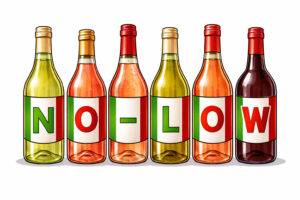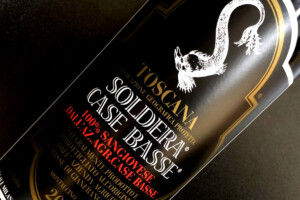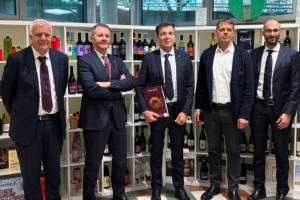The British like imported wine, but not the bottles. Or rather, Great Britain does not like the large quantity of dark, heavy glass leftover from the over one billion liters that are imported and which cannot be either reused or recycled. And it was recently reported in ‘The Independent’ that the problem is not the quantity of wine that is imported but the glass that the country is unable to dispose of. The solution that has been proposed by the “Glass Rite Wine Project”, created about one year ago, is that of importing wine in much larger containers, like cisterns or barrels, that is then bottled directly in the U.K.
A bottling plant in Avonmouth (created by Constellation Europe and one of the largest wine and alcohol bottling companies world wide) is already working on solutions and which, by 2009, should be capable of creating over 120 million bottles per year. The project follows on the heels of the creation, in 2006, of a plant in Cheshire that produces one billion bottles per year of lighter glass than has ever been used.
“The Waste and Resource Action Programme”, which is a non profit group involved in promoting recycling materials, has helped push these projects along. According to the organization, if it were possible to import even just 10% of the total amount of imported wine in cisterns, the quantity of glass used would be reduced by 55,000 tons.
The question, however, is a bit more complicated than it seems: as well as having to understand what effects the new container materials and transportation in them could have on wine (especially on high quality wine), the project also does not explain where and who would conduct the actual bottling process, which is a very delicate process. Consideration must also be made for the reaction of the consumer in regards to the new containers.
All of these problems are already under scrutiny at the University of Wales as well as at the Glass Technology Services, who are hoping to find possible solutions even by the end of 2007.
www.wrap.org.uk
http://winebottles.wrap.org.uk
Copyright © 2000/2026
Contatti: info@winenews.it
Seguici anche su Twitter: @WineNewsIt
Seguici anche su Facebook: @winenewsit
Questo articolo è tratto dall'archivio di WineNews - Tutti i diritti riservati - Copyright © 2000/2026








































































































































































































